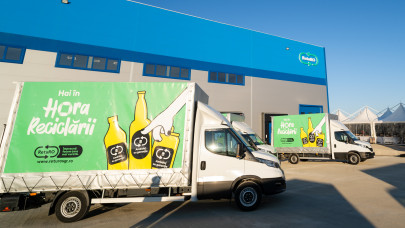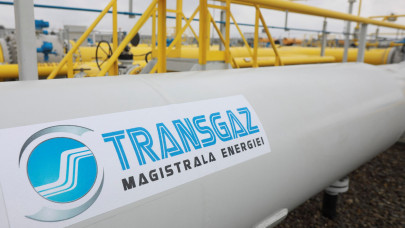Construction work on the technological water treatment plant began in 2021. Its main benefits are aimed at increasing paper production capacity and, at the same time, reducing the operational impact on the environment, by reducing freshwater consumption by up to 20%, respectively the decrease by up to 60% of the amount of technological waste. At the same time, the investment package will also contribute to the reduction of gas consumption and greenhouse gas emissions, with an expected saving of up to 4,500 tons of CO2 per year.
"We are proud to have completed this major investment, which will contribute significantly to the efficiency of the production process and to the protection of the environment. The factory in Zărnești is the largest profile production unit in Romania", says Marius Juncanariu, General Director of DS Smith Zărnești.
The factory was taken over by the DS Smith group in 2018 and has benefited, throughout these 5 years, from an extensive modernization and re-technological process carried out by the company.
Using exclusively recycled paper, the DS Smith factory in Zărnești is the largest profile production unit in Romania, serving almost half of the local demand for packaging paper.
"Romania is an important market for DS Smith, and the paper mill in Zărnești is right at the heart of our operations in the region. Here you can see how paper is made and also how we offer our customers solutions to some of the biggest environmental challenges of today, such as replacing single-use plastic. Ever since we took over the factory in Zărnești, we have focused on investing in the infrastructure necessary for sustainable development – an infrastructure that allows us to continue to meet the ever-changing demands of our customers, and at the same time, one that helps to reduce the impact on the environment, without affecting the positive contribution to the local economy and the community", says Niels Flierman, Head of Paper and Recycling within the DS Smith Group.
In Romania, DS Smith owns a coordination center for recycling operations in Bucharest, two recycling depots in Ștefănești and Cluj-Napoca, a paper factory in Zărnești, two packaging factories in Ghimbav and Timisoara and 3 work points, in Pitesti, Timișoara and Otopeni, Ilfov county, where a total of 650 employees work.













